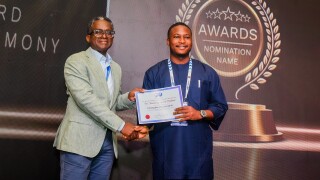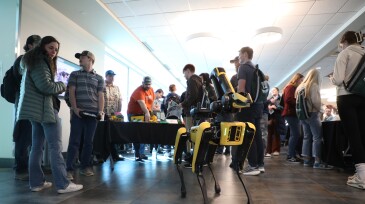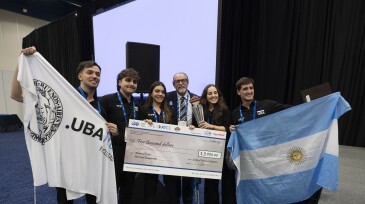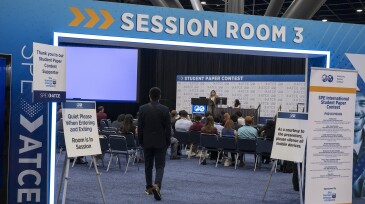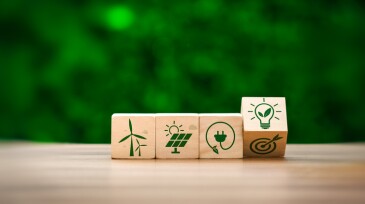Students/Education
The free, virtual program is designed to help participants build data-driven capabilities for the energy industry.
Chinecherem Ezembadiwe, SPE, shares his journey as president of SPE Federal University of Technology Owerri Student Chapter.
Fifty high school students will be invited to a 2-day energy education workshop, where they will be introduced to energy-sector careers and technical skills available in their own region.
-
The event on 14 January in Houston will bring together leading economists and industry leaders and will debut the North American edition of Energython, “Molecule to Megabyte,” a business case challenge for students focused on gas-to-data-center solutions.
-
The new facility is named in honor of Autry C. Stephens, UT alumnus, who founded Endeavor Energy Resources.
-
By strengthening their problem-solving under pressure, teamwork, leadership, English fluency, and resilience, students at the University of Buenos Aires secured victory at the 2025 PetroBowl competition—becoming the first team from Argentina to do so.
-
The two projects under the university’s Targeted Proposal Teams program will focus on underground hydrogen and geologic storage solutions.
-
Prospective students can explore Montana Tech's engineering programs including mining, petroleum engineering, and computer science, on 14 November at Montana Tech's Fall Tech Day.
-
Universidade Federal Do Rio De Janeiro and IFP School came in second and third place, respectively.
-
Salman Alrasheed took first place in the undergraduate category with Azza Khalifa Abdullah Mundher Al Mandhri and Issac Jayachandran securing victory for the master's and PhD categories, respectively.
-
Early- and mid-career scholars are invited to apply for the 2026–2027 Harrington Faculty Fellows Program, which will focus on energy research.
-
The university's new undergraduate program in natural gas, renewables, and oil engineering will train students in both traditional oil and gas cirricula and renewable energy.
-
The program will train more than 1,200 workers across Canada for careers in carbon capture, utilization, and storage.


